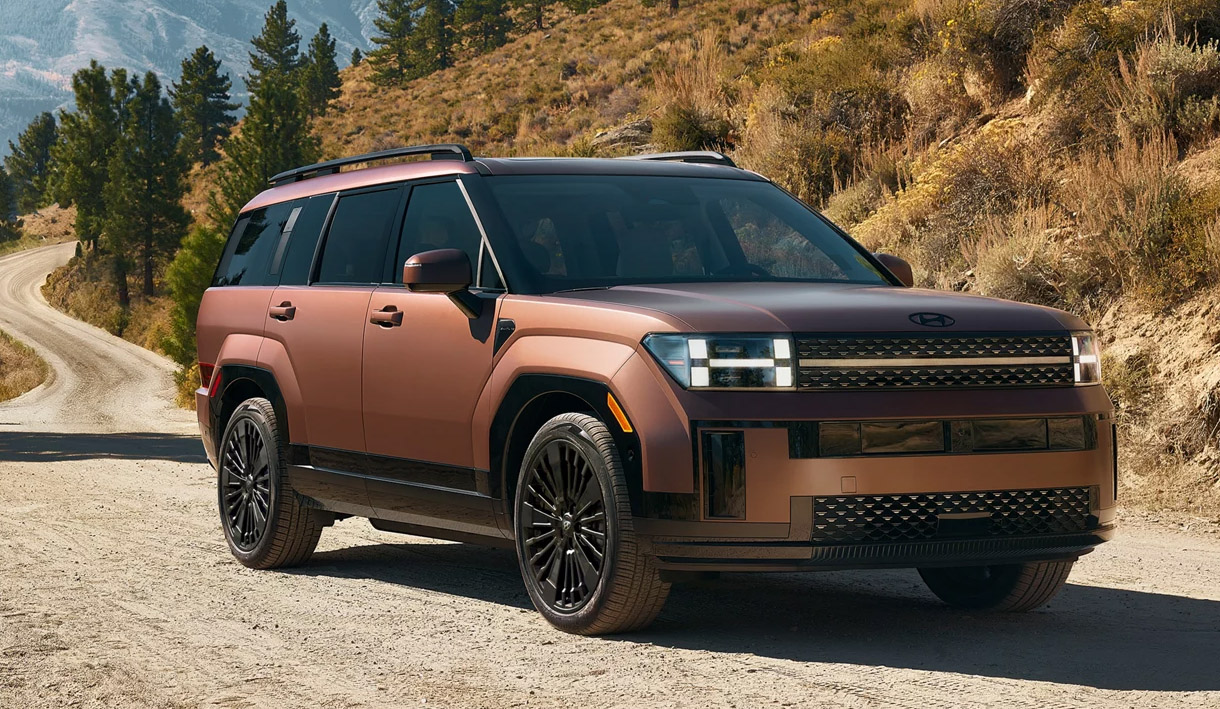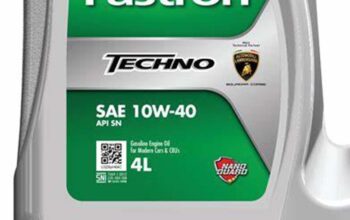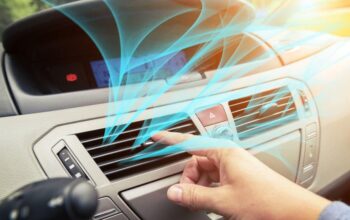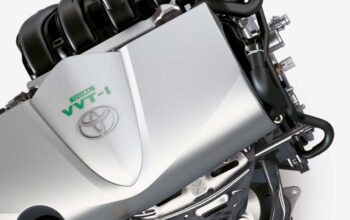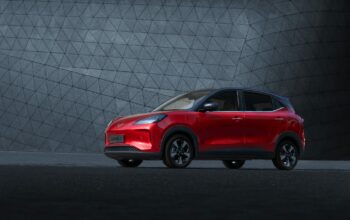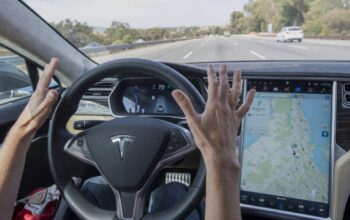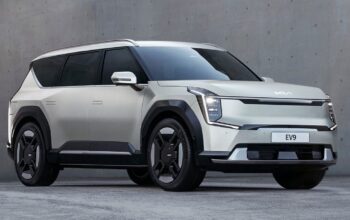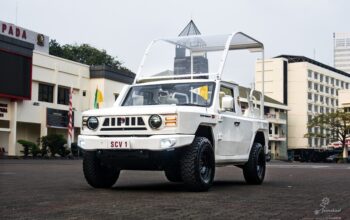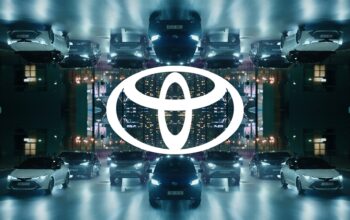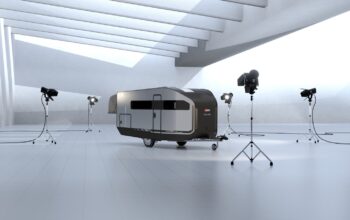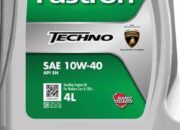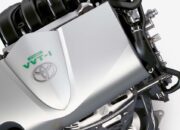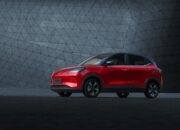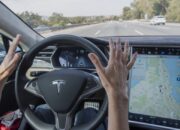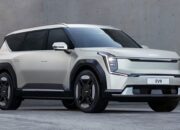Uzone.id – One type of vehicle electrification system other than full electric and hybrid is the Extended Range Electric Vehicle (EREV). This system allows users to get the sensation of driving an EV but by maximizing a conventional combustion engine (ICE).
In response to the recent drop in EV demand, Hyundai Motor is developing a new EREV under the Hyundai Dynamic Capabilities strategy.
This new EREV will combine the advantages of internal combustion engines (ICE) and EVs. Hyundai Motor has developed a system powertrain and power electronics (PT/PE) which is unique, allows four-wheel drive with the application of two motors.
The operation is completely electric, similar to an EV, with the engine used only to charge the battery or generator.
This new EREV maximizes the use of existing engines to increase customer appeal and secure competitiveness with fully electric cars by reducing the capacity of high-cost batteries.
EREVs will provide a responsive driving experience similar to EVs, allowing consumers to naturally transition to EVs during a future recovery period in EV market demand.
The new EREV also offers competitive price competitiveness compared to EVs through optimizing battery capacity and enabling worry-free refueling and recharging, while offering a superior driving range of over 900 km when the battery is fully charged.
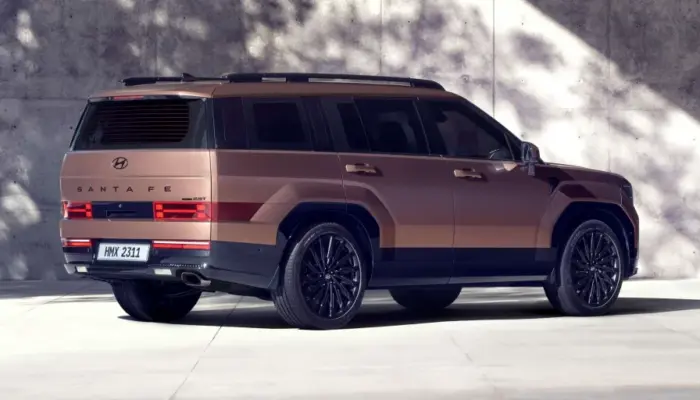
These vehicles serve as an important bridge to electrification.
Hyundai Motor plans to start mass production of the new EREV in North America and China in late 2026, with sales starting in earnest in 2027.
In the North American market, the company will launch D-class SUV models from the Hyundai and Genesis brands to meet the remaining demand for internal combustion engines, with a target of more than 80,000 units.
In China, where price competitiveness is critical in the green car market, Hyundai Motor plans to respond with an economical C-segment platform, targeting more than 30,000 units.
Hyundai aims to address the EV slowdown by expanding offerings hybrid and new EREVs as well as gradually increasing EV models towards 2030.
Hyundai Motor aims to build lineup a full range of EVs, from affordable EVs to luxury and high-performance models, and launching 21 models by 2030 to provide consumers with a variety of options.
“Hyundai has taken the lead in the era of electrification, with the launch of lineup A comprehensive EV quickly and serving the market mainstream, luxury, and high-performance,” said Jaehoon Chang, President and CEO of Hyundai Motor Company in his official statement.
“Based on our advanced technology and dedication to innovation, we strive to secure a leading position in the market as the adoption of electric vehicles increases.” he added.
Hyundai is also developing the latest hybrid technology
In line with the EREV, Hyundai’s hybrid car lineup will also be upgraded using the new technology of the latest generation TMED-II hybrid system.
Hyundai Motor has been at the forefront of the market hybrid for many years with the system hybrid his TMED. Hyundai wants to leverage its expertise to further strengthen its position in the market hybrid through the new Hyundai Dynamic Capabilities strategy, namely a flexible response to the market based on core capabilities.
Through this strategy, the company will expand system implementation hybrid outside the car size compact and medium to small, large and luxury vehicles, so the company can effectively double its current range from seven to 14 models.
This expansion includes not only Hyundai vehicles, but also brands luxury-his, Genesis, will offer the option hybrid for all models, except for fully electric models.
The company will also introduce the next generation TMED-II system. Improved version of the system hybrid These existing systems have achieved the highest level of competitiveness in the world by significantly improving performance and fuel efficiency compared to existing systems.
The system is scheduled to be integrated into vehicle production starting in January 2025.
Vehicle hybrid the future will be equipped with premium technologies such as smart regenerative braking and V2L, which will increase product value and strengthen Hyundai Motor’s position in the market with superior product quality.
Armed with abilities hybrid improved, Hyundai Motor aims to increase vehicle sales hybrid significantly. In 2028, the sales target is 1.33 million units, an increase of more than 40% from the global sales plan from the previous year.
The company expects a surge in demand hybrid, especially in North America, where they plan to increase vehicle volumes hybrid to be 690,000 units in 2030.
To facilitate this ambitious plan, Hyundai Motor has secured a flexible production system and spare parts supply network, making full use of key global plants as well as introducing new models. hybrid and EREV, which results in reduced costs and increased profitability.

